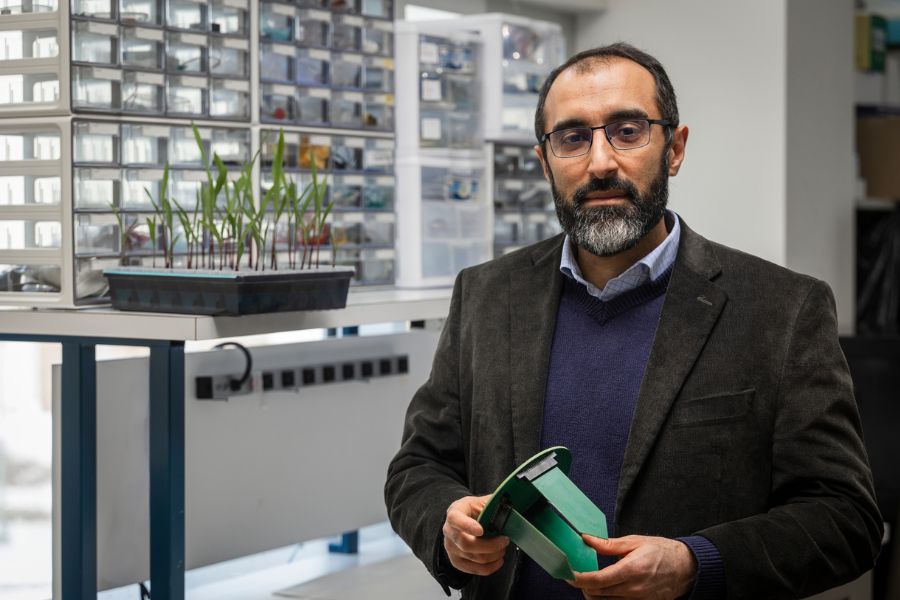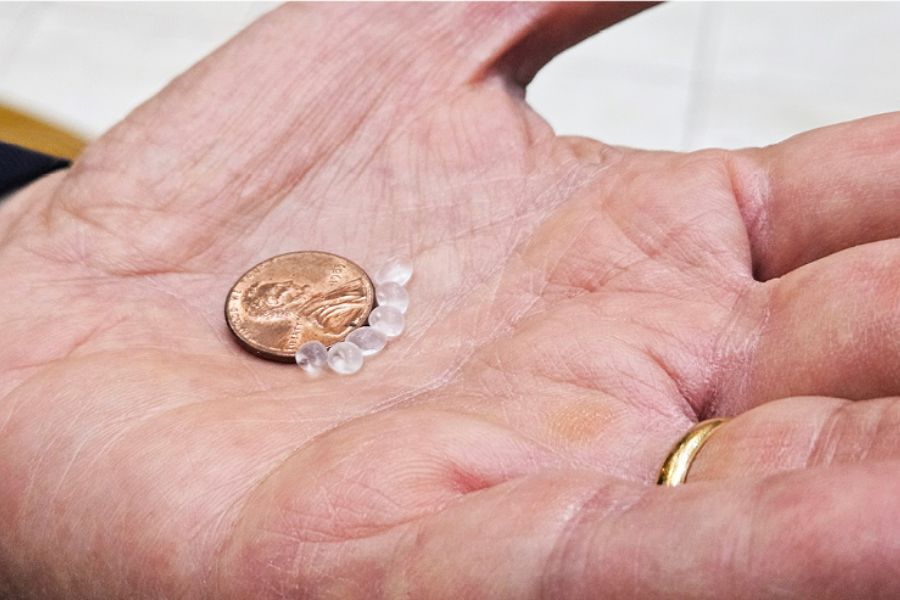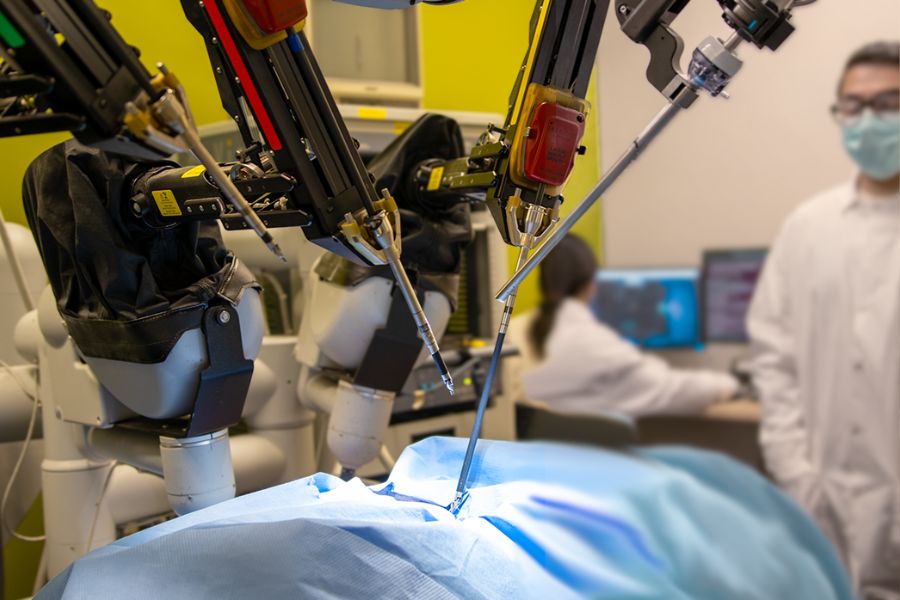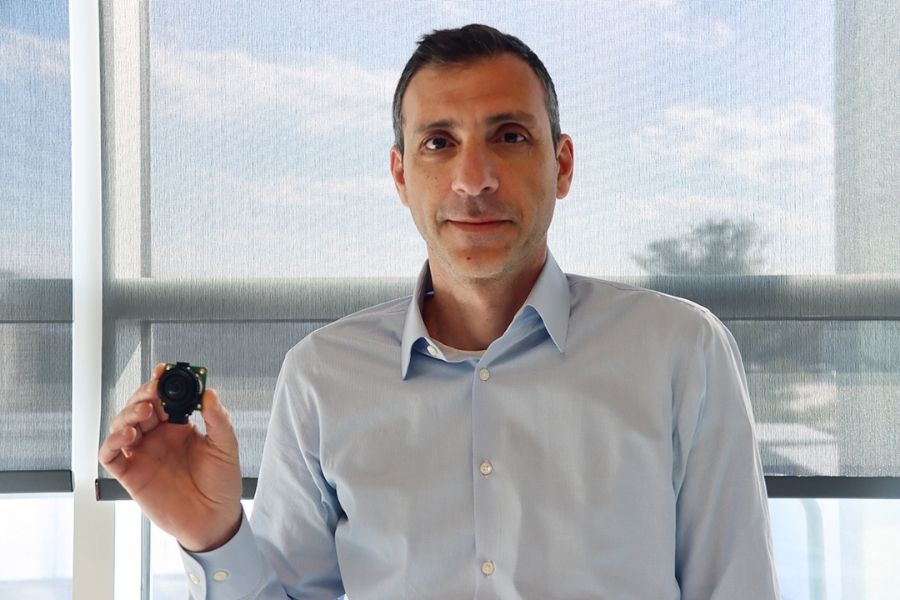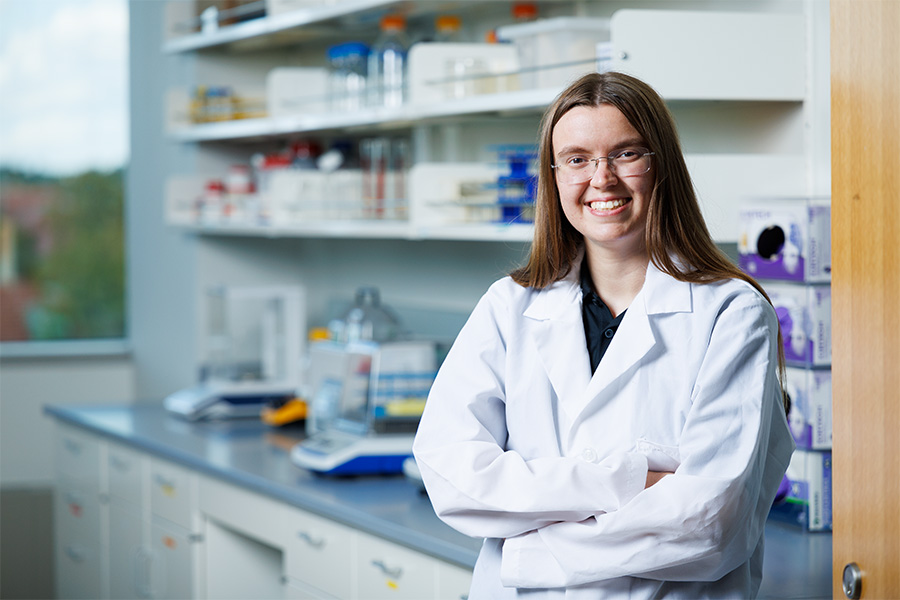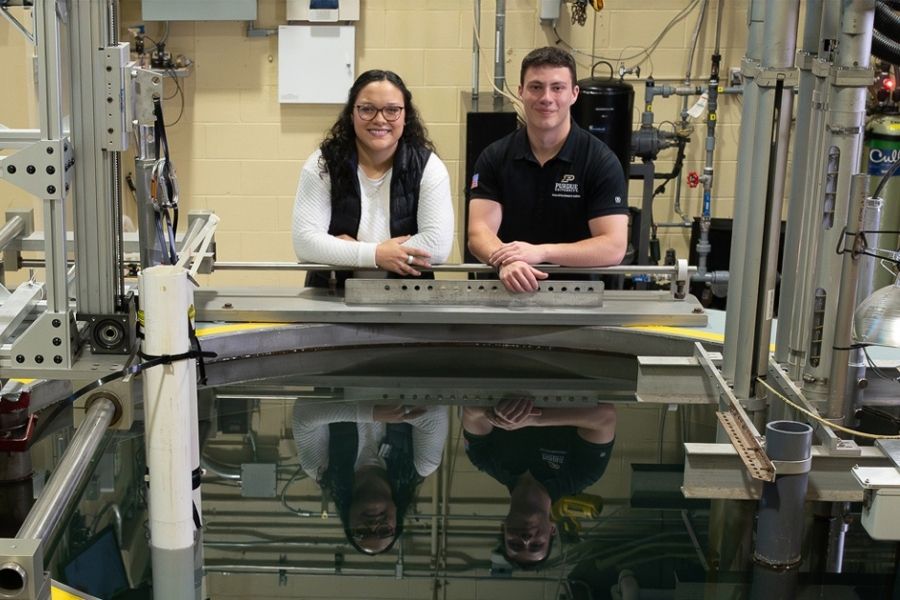Purdue Engineering hits record high for online master's programs: No. 1 in all 5 disciplinary rankings
AMELIA
EARHART
HOME OF
FIRST
Hypersonic Ground Test Center
ZUCROW LABS
LARGEST
Academic Propulsion Lab in the World
Social

Show off your Purdue Engineering pride with this beautiful commemorative lapel pin! Receive your pin with a gift of $50 or more to the College of Engineering 150th Fund, which will help us empower Boilermakers to influence the field of engineering on a global stage for another 150 years.
This offer is only available while supplies last. Please allow 8-10 weeks for delivery. One lapel pin per household. International shipping is not available.
Give NowFEB
24

